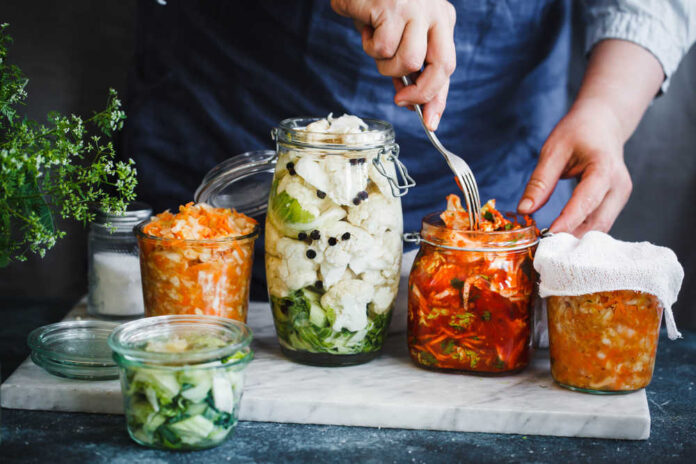
More women are diagnosed with breast cancer each year than any other type of cancer. Approximately 1 in 8 women in America will be diagnosed with breast cancer at some point in their lives.
While many of the risk factors for breast cancer are out of our control—such as family history or age—some lifestyle choices can influence our risk.
Many studies have consistently demonstrated that the way you eat can affect your risk of developing breast cancer.
What Foods Should You Avoid?
Certain foods have been linked to an increased risk of breast cancer.
You should avoid or limit your intake of:
- Fried foods
- High-calorie fast food
- Processed meats (bacon, hot dogs, sausage, and deli meat)
- Refined carbohydrates (white bread, white rice, and baked goods)
- Added sugars (including soda, candy, and desserts)
- Alcohol
Research on the impact of soy and soy products (such as edamame, soy milk, and tofu) on breast cancer risk is mixed. Some animal studies have linked the isoflavones in soy to an increased risk of breast cancer.
But more extensive human trials actually found a lower risk of developing breast cancer, as well as improved health outcomes for people who consumed more soy.
Best Foods To Reduce Your Risk
To reduce your risk of developing breast cancer as much as possible, you’ll want to focus on eating lots of nutrient-rich, antioxidant-rich foods.
Some of the best foods and drinks to consume for breast cancer prevention include:
- Berries (blueberries, strawberries, raspberries)
- Citrus fruits (oranges, lemons, grapefruit)
- Leafy green vegetables (spinach, kale, collard greens)
- Cruciferous vegetables (broccoli, cauliflower, cabbage)
- Allium vegetables (garlic, onions, leeks)
- Herbs and spices (turmeric, oregano, ginger)
- Whole grains (oats, quinoa, brown rice)
- Fermented foods (yogurt, kimchi, sauerkraut)
- Fish (salmon, sardines, mackerel)
- Tea (green tea, white tea, oolong tea)
Although it isn’t a guarantee that you’ll never get breast cancer, making sure your diet is full of these nutrient-dense foods can help reduce your risk.
Get Regular Screenings
Perhaps the most important thing you can do for yourself regarding breast cancer is to get regular screenings.
Breast cancer often develops without any noticeable symptoms, so x-ray mammograms and clinical breast exams are vital in finding cancers early—when they’re most treatable.
Guidelines generally recommend that women begin getting biannual mammograms starting at age 50. But if you have a family history of breast cancer or are at a higher risk for the disease, you may need to start screenings sooner.
Talk to your doctor about when you should begin getting mammograms and how often you need them.
And in the meantime, focus on eating a healthy diet and taking steps to reduce your risk and keep your body as healthy as possible.






















